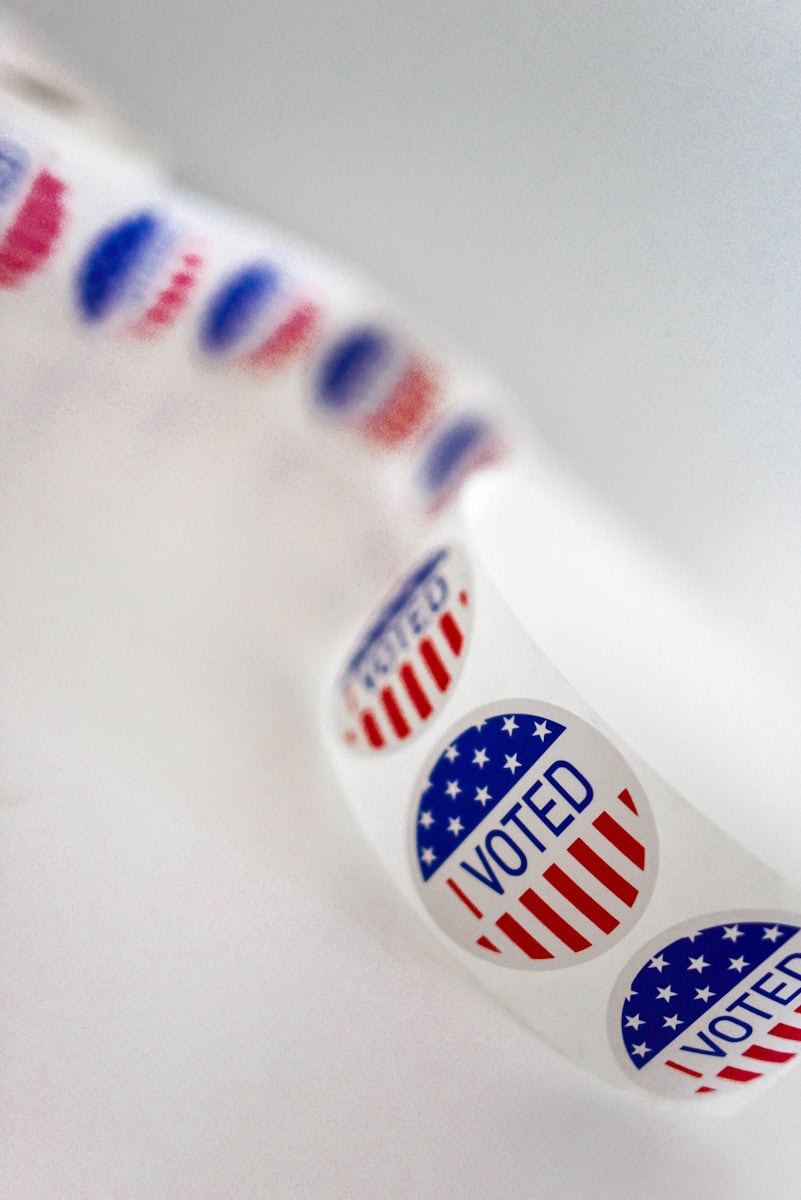As of 2022, 98% of the S&P 500 publish sustainability reports largely detailing corporate social responsibility (CSR) efforts. While these efforts rarely make headlines, they have proved an important brand building tool helping companies build their reputation before entering new markets.
Polluting, corruption, discrimination, or sweatshops in a company’s supply chain do, however, make headlines, and new research in the Global Strategy Journal demonstrates this corporate social irresponsibility (CSI) has an even larger impact on brands. The study charted sales growth of 335 subsidiaries in 109 over nine years alongside the number of CSI incidents reported against parent companies. The data shows that unethical behavior, regardless of location, demonstrably hurts international sales.
CSI vs. CSR
The main difference between CSI and CSR—other than the obvious negative and positive connotations—is in who creates and distributes the information. CSI incidents are third-party evaluations usually in the form of news exposing misconduct. CSR information is self-reported. So, CSI likely gains more traction than CSR partly because its source seems more trustworthy or unbiased to consumers.
The negativity bias in news consumption also comes into play.
“CSI news often attracts more attention because it triggers stronger, negative emotions and people spend more time thinking and searching about negative actions,” said Nuruzzaman Nuruzzaman of the University of Manchester, one of the study’s authors. “Negative news (like CSI) is more likely to influence the reputation of the firm than positive information (like CSR).”
The Three Response Stages to Corporate Social Misconduct
Reputation is a tacit social construct that’s difficult to measure, and as such, corporate misconduct isn’t punished uniformly. To help explain consumers’ inconsistencies in punishing companies, Nuruzzaman, along with co-authors Erin E. Makarius and Debmalya Mukherjee of the University of Akron and Ajai Gaur of Rutgers, outlined responses to CSI in three stages.
Recognition: Stakeholders become aware of a potential CSI incident through media.
The study found that stakeholders still attribute CSI incidents occurring and reported outside their borders to local affiliates. Global media is also increasing the rate of recognition, since stakeholders have better access to CSI coverage in other countries.
Assessment: Stakeholders evaluate the news about the company’s CSI incident.
People tend to interpret these events in ways that confirm their prior beliefs, and in light of the company’s past actions—which is where strong CSR reporting can help. However, stakeholders primarily evaluate based on the severity of harm, blame, ethics involved, and intention. The credibility of the company spokesperson and the number of prior incidents also come into effect.
Action: Stakeholders decide whether to punish a company for their involvement in CSI incidents. This is where the inconsistency in stakeholder response becomes most apparent. Their level of punishment highly depends on their framing of the two prior stages. Action usually takes the form of consumers of local suppliers deliberately avoiding the product, but if the incident is harmful enough, foreign governments could also ban the product.
How Strategic Noise Can Distract from CSI Incidents
The traditional public relations strategy for managing negative news has been to mitigate exposure and control the narrative. Both tactics are proving less effective in a globalized world with more advanced information and communication technologies. The study examined an alternative strategy to mitigating CSI incidents: strategic distraction.
The researchers compared two methods of strategic noise: marketing campaigns and product innovations. To be clear, these confounding events do not clarify the CSI incident in any way, nor are they directly related to it. Promotions, contests, and sales showed little ability to curb reputational damage, but introducing two or more product or service innovations flipped sales growth in a positive direction despite CSI incidents.
“Perhaps consumers perceive marketing campaigns as hollow responses or untrustworthy, as their response to CSR reports amid CSI incidents,” Mukherjee said. “Because innovation is more costly, it may create a stronger positive impact.”
Innovation and marketing campaigns are essential for subsidiaries to connect with their local stakeholders, especially consumers, and gaining regional legitimacy.
While the study demonstrates that subsidiaries do have agency against negative media coverage of their parents’ activities, the authors emphasize that the larger takeaway concerns the potential fallout from CSI. Managers at parent companies and their subsidiaries abroad should be aware that misconduct even in distant locations can quickly impact international sales performance.
“Given the adverse impact of CSI on global performance that this study shows, global corporations should strive to uphold and implement strong ethical and social responsibility standards throughout their global operations,” Gaur said. “Moreover, they should prioritize transparent communications with subsidiaries so they can quickly mitigate the negative impact of socially irresponsible activities.”


